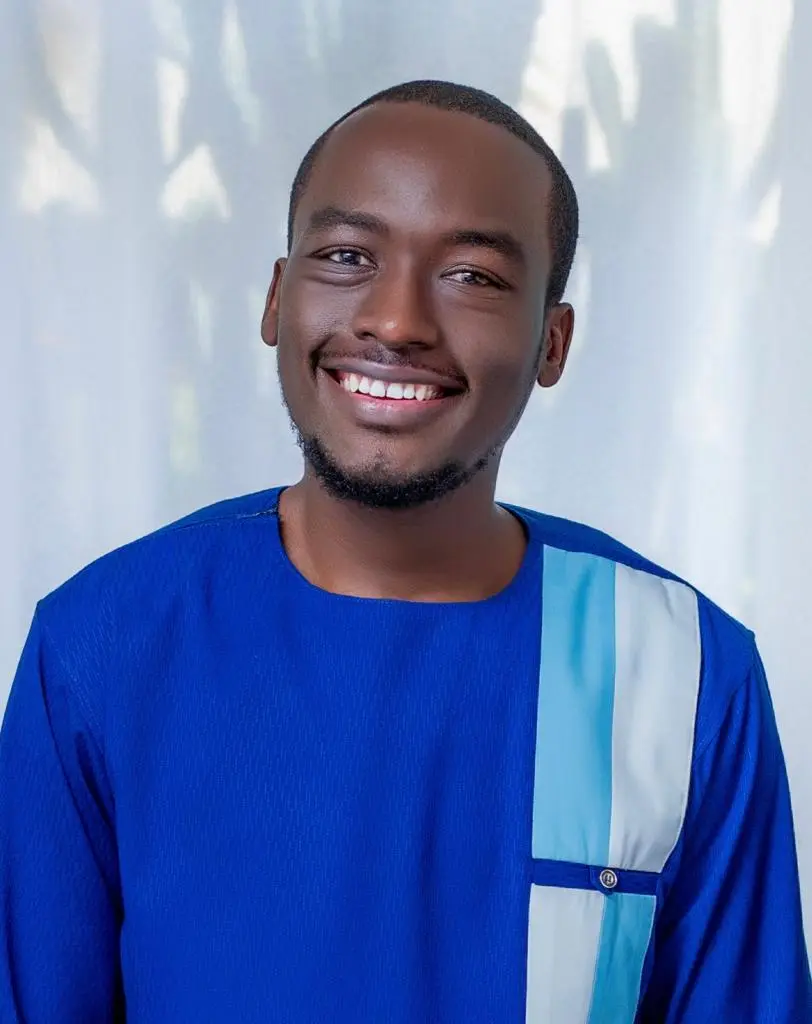By Simon Mwebaze
Editor’s note: The opinions expressed here are those of the authors. View more opinion on ScoonTV.
Senegal has been an outstanding beacon of democracy and peace in West Africa. The nation has had three peaceful transitions of power, compared to neighboring West African countries engulfed in coups including Mali, Niger, and Burkina Faso. But that may be about to change.
On February 10, current Senegalese President Macky Sall announced the postponement of the February elections. At the moment, the elections have been postponed all the way to December 15. The main reason behind the postponement according to the President is to resolve disputes over eligibility of potential presidential candidates.
The dispute is supposedly centered around the disagreement between the Parliament and the Constitutional Council. The Constitutional Council of Senegal had confirmed 20 candidates while excluding several others. Following this, lawmakers unanimously agreed with the president to postpone the elections.
However, some opposition parties disagree with the postponement. Opposition groups cite that President Sall is trying to hold onto power. After all, his second term was supposed to conclude in April 2023.
More so, the vote for the postponement of the elections was controversial. Before the vote had even happened, security forces removed opposition members from the Chamber, leaving only members in agreement with the decree to vote.
The controversial decision led to protests in the city of Dakar where security forces clashed with citizens. The protests were led by the Aar Sunu Election (Let’s Protect Our Election) which consists of 40 civil, religious, and professional groups.
As a result of the protests, there have been three deaths and 271 people arrested and detained according to Human Rights Watch. Additionally, the government has suspended the internet, claiming it a medium for the spread of the subversive hate speech that provoked the protests.
The current events come on the heels of unrest in Senegal in both 2021 and 2023. The protests, and reactions to them both internally and regionally, reveal certain insights.
The tension reveals a continuing abuse of power in Africa. The current tension in Senegal is referred to as a “constitutional coup” by the opposition. The president has exercised unconstitutional power by evicting opposition members from the Chamber with the help of security forces.
Another clear sign of the coup is the act of suspending internet access in the country. No one seriously engaged in democratic values would argue that banning social media is democratic. The argument that social media spread hate speech instigating the protest violence seems like a scapegoat, too. This continues a trend on the African continent where leaders in power stifle the right of citizens to communicate under the guise of preventing harmful activities including violent protests and terrorism.
It also implies a possibility of President Sall extending his term. The postponement allows him to hold onto power a little longer which could turn into a bid for a third unconstitutional term. More so, it is claimed that he could be looking to influence the potential replacement should they hold an election later in the year.
There is also an indicator of the ineffectiveness of regional and international bodies. In this case, ECOWAS (The Economic Community of West African States) has called for the restoration of the electoral calendar upholding the constitution. So far, their requests have been ignored.
Ignoring ECOWAS’ demands is not a new strategy. The body has in the past threatened Niger with military intervention after Niger’s coup, but the actions were never implemented. This left the military coup in place with little chance of restoration of the toppled Niger president.
The 50-year-old regional body has also seen member states abandon it. In 2000, Mauritania was the first country to withdraw from the body. More recently, Mali, Niger, and Burkina Faso have followed suit.
The proposed sanctions by ECOWAS continue to create more problems than they solve. The body has imposed trade sanctions on states including Mali and Niger for recent coups, but they’ve had an opposite effect. Instead of weakening the coups, the sanctions have brought more economic suffering for the civilians they are trying to help, furthering the coup’s power.
It’s not just ECOWAS that has been ineffective. Other players in the issue including the French foreign ministry, the US State Department, the EU, and the AU have had their efforts fall on deaf ears so far.
However, there does seem to be a shining light through the cracks. As of now, President Sall said he remains committed to leaving power in April. Given all that’s transpired these past few months though, Senegal’s allies and the country’s citizens are waiting for the election with bated breath.
If Sall reneges on his pledge, Senegal will be on the brink of changing its image as a peaceful state. It seems the political challenges of its neighbors are slowly affecting and infecting it. To avoid a similar fate as its neighbors, the country’s leaders need to return to respecting the rule of law, which the world will see soon. Regional and international bodies should look toward working with the current government for peaceful transfer of power so that they avoid encouraging and emboldening coups within the region.
Subscribe to get early access to podcasts, events, and more!






